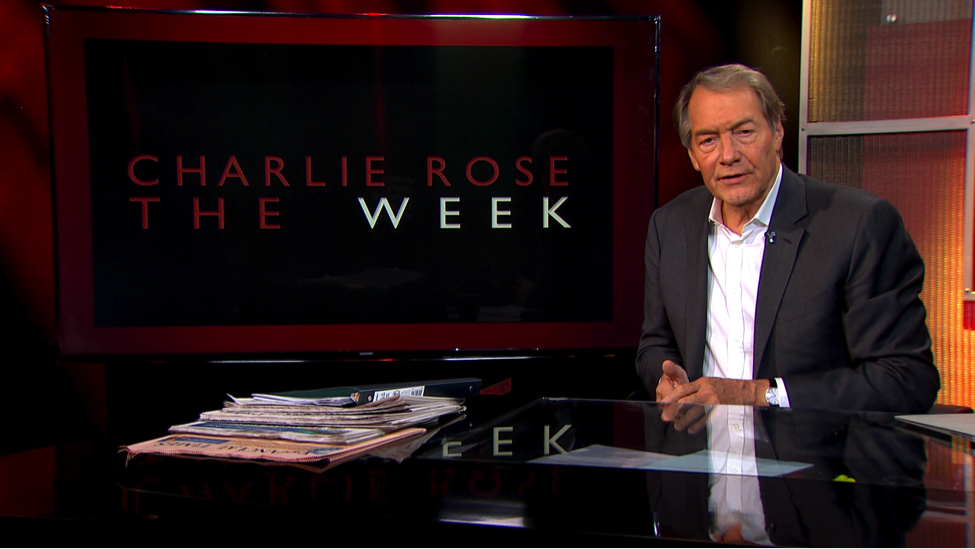There is an apocryphal story about the writer Joseph Conrad whose ability to concentrate was so fragile that he had his wife lock him in their spare room, furnished with only a bare table and chair, and not let him out until an appointed time. Writing is hard. Writers are easily distracted.
For the past several days I’ve been trying to write a piece about two legendary jazz players and watch the Masters golf tournament concurrently. I can identify with Conrad. Hard as I tried I couldn’t write and watch the Masters at the same time. I defaulted to golf and for five hours on Saturday and five hours on Sunday I watched 22 year-old Jordan Spieth confidently stride the narrow fairways of Augusta National until he became surprisingly human and dumped two balls in a water hazard, botched a sand trap shot, shot 7 on that par 3 and donated his 5 stroke lead to the eventual winner, 28 year-old Danny Willet. I couldn’t look away and my resolve to finish the jazz piece dissolved like Jordan’s lead.
There is a certain synchronicity to the golf rivalry and the story of my two jazz legends – Chet Baker and Miles Davis, the handsome young white hope in the West stalking the angry black innovator in the East. These prodigious trumpet talents were born and died within three years of each other. Miles, if he were alive, would be 90 years old. Chet would be 86. I’ve admired both since the ‘60s when they were rivals on the cool jazz scene.

Two weeks ago I learned that Ethan Hawke was starring in a new film, Born to Be Blue, about Chet. As a Baker fan I had to see it, but at the time I told my wife how much I wished someone would also make a film about Miles. The next day I discovered that Don Cheadle was doing just that, and both films would be in theaters at the same time. An embarrassment of riches. Chet Baker and Miles Davis have come back to haunt us again – on the big screen.
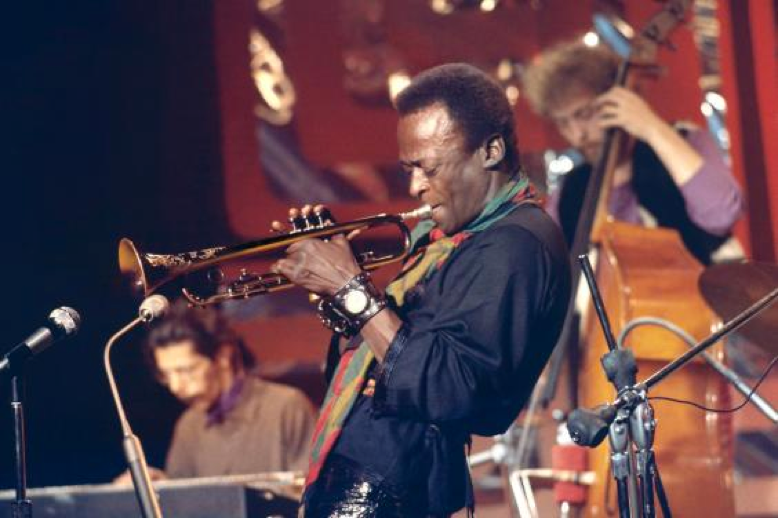
The two upcoming biopics set me to thinking. I know their stories; lives filled with noir-ish events, drug addiction and other self-destructive behaviors, beautiful women, immense creativity, and controversy – all well documented. I’ve read Miles’ autobiography and own half a dozen of his CD’s, including the groundbreaking Kind of Blue, the ethereal, muted Sketches of Spain and the electrified funk of Bitches Brew, but I also know Baker’s story and love his sensuous smoky trumpet lines and the soft burr in his voice on My Funny Valentine, Time After Time and I’ve Never Been in Love Like This Before. Two geniuses and their demons. In these films we see them in mid-career getting high, making bad choices, treating people they love badly and changing the way we hear and think about jazz. We see them as ageless and arrested in time. We don’t see them at the end. We see them at turning points in their lives.
The competition between Jordan Spieth and Danny Willet is nascent. It may become the stuff of legend like Chet and Miles. We won’t know that for a long time, but in the rear view mirror, with the passage of time, we are able to see Miles and Chet and the completed arcs of their respective careers – the highs and lows – and appraise their strengths and weaknesses as pivotal figures of the golden age of modern jazz.
Neither of these films is a documentary. As a matter of principle, I dislike movies “based on” a true story if the real life story has deep dramatic appeal on its own facts. I don’t understand why directors feel they have to take liberties with the truth when it’s unnecessary. I saw Born to be Blue on Saturday, and though its tone is right it plays fast and loose with the facts, especially the love relationship at the heart of the film. The biographical facts are solid and stand alone, but the woman in the movie is a composite of several women in Baker’s life not his one true love as the film suggests.
Miles Smiles, is coming in the next couple of weeks, and it was reviewed this week in the New Yorker and the New York Times. The reviewers liked it although it’s hard for me to see Don Cheadle as the smoldering, angry, challenging Miles Davis. A.O. Scott in the New York Times hints that if you want to get a jump on next year’s Oscars you should see this one.
Films like these excite curiosity and make us want to know more about the subjects. The resources of the Internet make that easy. We can follow the thread and hunt down the details. What an extraordinary time for the curious. It wasn’t that long ago that students, reporters, and investigators had to trudge to the local library or open an out of date encyclopedia (remember them?) in order to begin research for a paper or article. Times have changed. Thanks to the Internet and Google Search it’s possible to pull up quality in-depth material on almost any person, place, or subject. Sometimes it’s difficult to assess the credibility of the source and a challenge to find the truth, but the raw material is there in abundance.
Uncovering the truth is daunting when the subjects are innovators whose lives are complicated, messy and intertwined, whose biographies are cloaked in myth and filled with stories and encounters both real and apocryphal. All of these elements are present in the lives of Chet Baker and Miles Davis – and in these two films about them. Now I need to have my wife lock me in the office so I’m not so easily distracted.
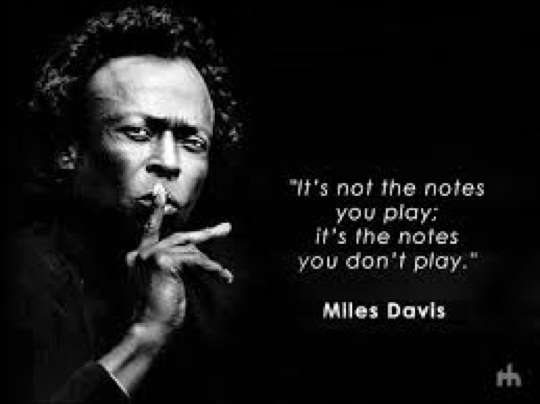







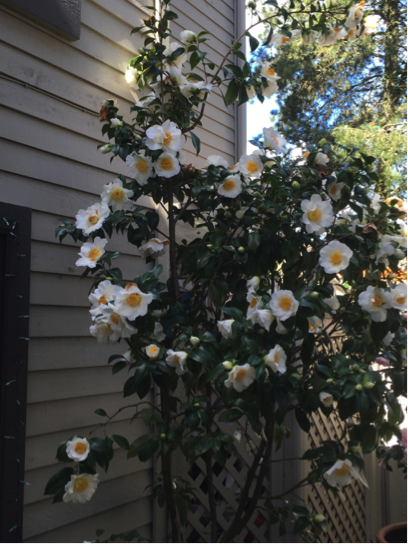
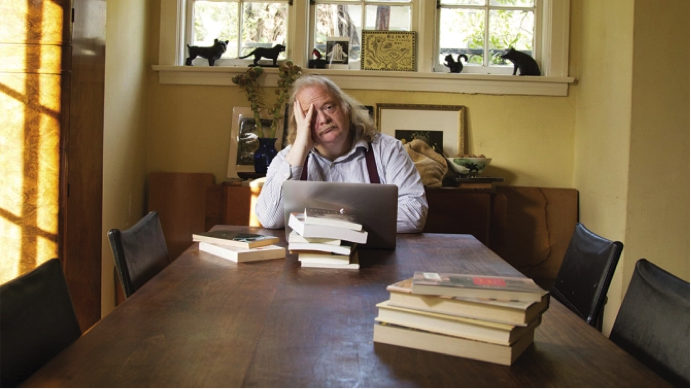

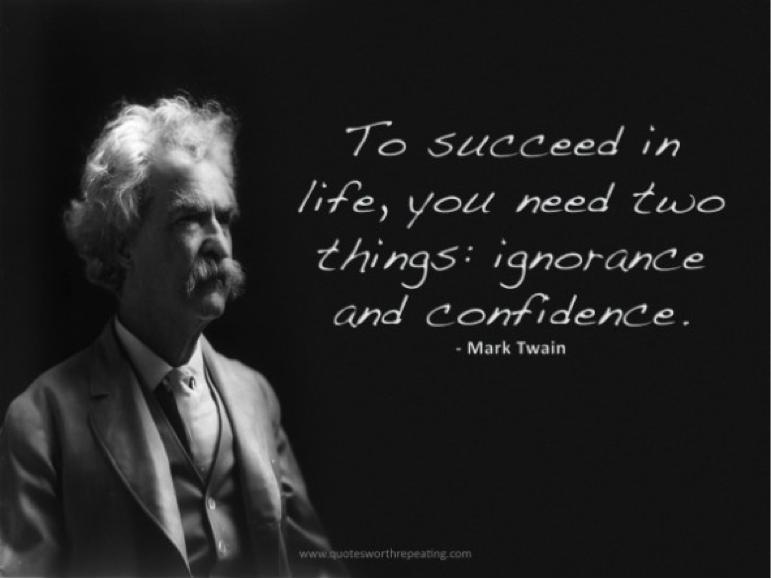
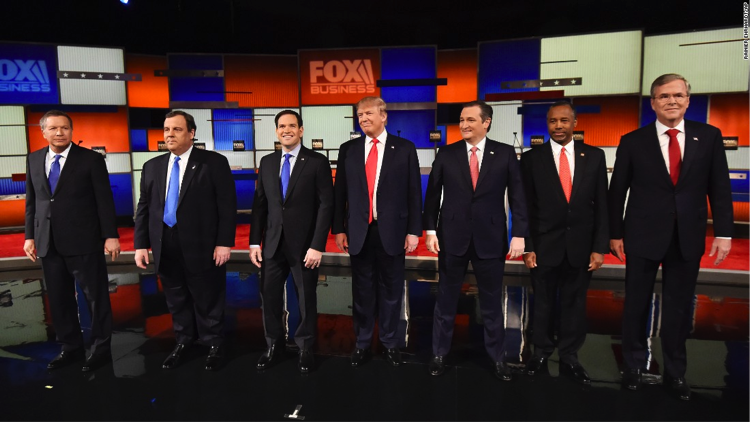
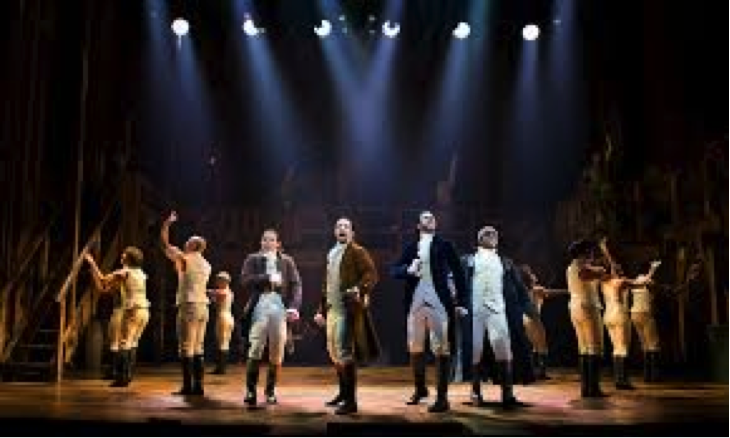
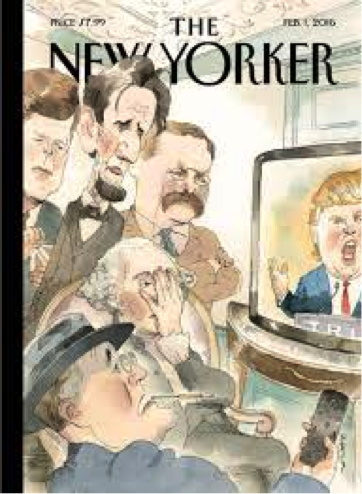






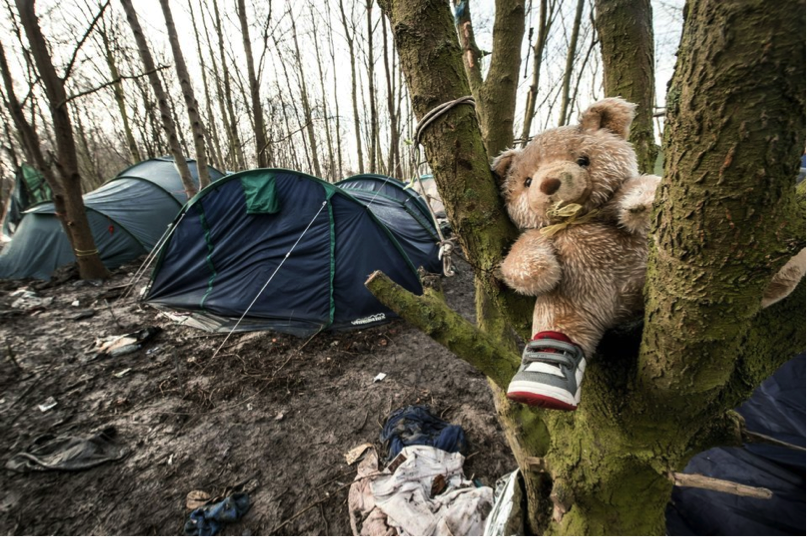
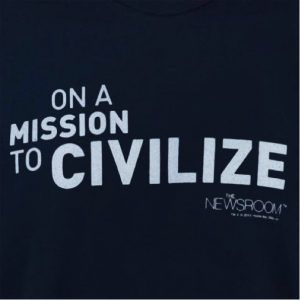 Contrary to this message, US networks and news outlets don’t appear to be on a mission to civilize. Rather, they are focused on maximizing profits, so while the world bleeds, Americans separated from global problems by two oceans and the European landmass, are currently being fed the inane, xenophobic, self-promoting utterings of a group of Presidential wannabes instead of the gut churning global events that are shaping the future.
Contrary to this message, US networks and news outlets don’t appear to be on a mission to civilize. Rather, they are focused on maximizing profits, so while the world bleeds, Americans separated from global problems by two oceans and the European landmass, are currently being fed the inane, xenophobic, self-promoting utterings of a group of Presidential wannabes instead of the gut churning global events that are shaping the future.
